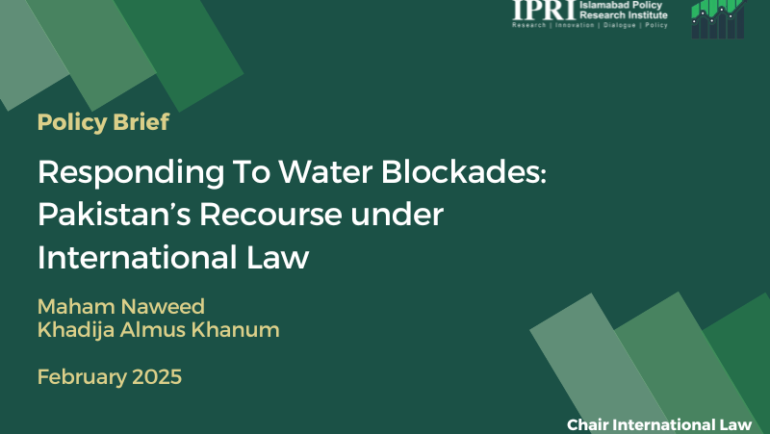Policy Brief 21/09/2024
The notion that the United States of America (U.S.A.) is a self-proclaimed superpower is complex and multifaceted. While the U.S. has undeniable strengths, various factors, including military ambiguities that have influenced globalisation in the post-9/11 era – particularly its unilateralism in an increasingly interconnected world – have exposed economic vulnerabilities1 amid China’s growing influence, technological susceptibilities, and socio-political issues, which challenge the sustainability and legitimacy of its superpower status.
This paper evaluates the U.S.’s role in global politics, economics, and military affairs and highlights the need for a more nuanced understanding of global power dynamics and the role of the U.S. in the contemporary world.
The paper discusses several vulnerabilities that contest the perception of unchallenged American supremacy and points to the arbitrary outcomes of U.S.’s military engagements in Vietnam, Iraq, and Afghanistan, and the economic frailties posed by rising national debt, income inequality, and infrastructural decay. It also highlights inconsistencies in U.S. policies, such as dissimilarities in nuclear policy and participation in non-proliferation treaties, along with its role as a global polluter, while presenting itself as a leader in the fight against climate change.
Furthermore, the paper addresses the socio-political issues within the States, such as inefficiencies in its healthcare system, exposed by the COVID-19 Pandemic, and underinvestment in education, which impacts the country’s future competitiveness. The brief also notes the critical role of immigrants in driving technological and scientific advancements in the U.S. The behavioural economics section sheds light on cognitive biases that perpetuate the perception of U.S. dominance. Biases such as the availability heuristic, framing effect, and confirmation bias contribute to the perception of U.S. power, often overlooking its weaknesses.
Using game theory, the paper elucidates how the U.S. maintains its perceived superpower status despite these weaknesses, and identifies key players, including other major powers, developing nations, international organisations, non-state actors, and domestic constituents, and analyses their strategies and interactions. This game theoretic approach highlights the discrepancy between the perception and reality of U.S. dominance, underlining the strategic manoeuvres that sustain the superpower narrative.
There is a need for a detailed reassessment of U.S. strategies to address these weaknesses and maintain its global standing in a rapidly evolving world. Without substantial reforms in healthcare, education, and infrastructure, and a realistic approach to international relations, the U.S. risks losing its perceived superpower status in the face of rising global competition and internal socioeconomic disparities.


